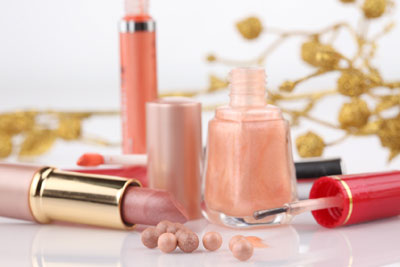Another round of the struggle against parabens has started in the European Union: the European Commission demands the EU Scientific Committee on Consumer Safety to provide them with a scientific report about the safety of propyl paraben and butyl paraben.

These compounds are widely used as preservatives in cosmetic products. The safety studies of parabens have been conducted more than once, but there is no definite answer about their dangers or benefits yet.
What Are Parabens?
Parabens are chemicals, complex esters of para-hydroxybenzoic acid, which are widely used as preservatives in food, medicine and cosmetics due to their antibacterial and antifungal properties.
Parabens: Cons
EU ponders on the possible refusal from cosmetic products that contain parabens. A lot of research has already been done, and parabens have been declared safe. However, the Commission found this argument insufficient and requested a new research to be conducted by the EU Scientific Committee on Consumer Safety.
However, some of the countries in the EU preferred not wait for the results. For example, Denmark imposed a ban on products with propyl and butyl parabens for children under 3 years last year.
France has chosen the same way: at about the same time the French parliament passed a law banning the manufacture, import, sale, and distribution of products containing phthalates, parabens, and alkylphenols. And this is a very wide range of products: cosmetics, medicines, food… Parabens are esters of para-hydroxybenzoic acid, which serve as an effective and cheap preservative, so they are used by many manufacturers.
Do Parabens Cause Breast Cancer?
Why are paraben preservatives disliked by the Europeans? These synthetic compounds have been a target for public criticism since the time they were found in malignant breast tumors. Apart from that, some data were published on their possible endocrine action.
Later, no connection between parabens and cancer was revealed, but the reputation of the compounds remained tarnished. Strictly speaking, that is why the EU offered to reduce the maximum concentration of these substances in cosmetic products. The results of the study about whether this measure is justified will be published in March next year.
Consumers Don’t Buy Paraben Cosmetics
In the meantime, many people in the EU are against parabens at the level of personal consumption: they just do not buy products containing these substances. Thus, the fashion for natural cosmetics is simply heated by the passionate discussion of parabens.
Customers can be understood. No one would like to learn the hard way and conduct experiments literally on your own skin. Therefore, consumers are increasingly looking for natural cosmetics.










